|
By Science Outreach Intern Katrina McCollough
Issue Spotlight - Monocultures and Pesticides Once again, human agricultural practices have a lot to do with habitat loss, but there are many more issues associated with our food production, the two main ones being monocultures and pesticide use. There are ways to balance our needs and the needs of wildlife and it's worth investing resources into promoting those types of projects. The two primary aspects of agriculture that affect birds go hand and hand usually: the practice of monoculture crops and pesticide/herbicidal use. (photo left by Markus Winkler)
Pesticides and herbicides are any substances used for destroying insects, unwanted plants (weeds), or other organisms harmful to cultivated plants or to animals. Pesticide use affects birds more directly by poisoning either the birds or their food supplies. One earthworm may only have a small amount of pesticide in it and do just fine, at least until it gets eaten by a bird. If the bird only ate one earthworm, it would probably be fine, but we know that the bird is going to eat hundreds, if not thousands of worms. And each one may have just a tiny bit of pesticide in it, but once eaten by the bird, they can add up and accumulate over time, leading to serious health and reproductive issues. And it really is a shame, because birds can be part of the solution. Farmers don’t like bugs, some birds love bugs, it’s a match made in heaven. Thankfully, some farmers have figured this out and are making use of birds and their appetites. (photo below by Cornelia Schutz) What We Can Do Farmers can also be part of the solution, though. Perry found a rice farmer that participates in the BirdReturns program which “pairs birding and farmland management with innovations in big data, crowd-sourcing and online auctioneering." It’s for programs like these that citizens and scientists collect data, and this is one reason why bird science matters so much. Without years of data from places like SFBBO, programs like these would not be possible. This is such a great example of human and bird needs coming together to do the best we can for both. What can we do personally? Support small farms that do healthy agricultural projects and farm organic! Sometimes the farmers market produce can be a little expensive, but here in California, at least in the Bay, we are super lucky to have hundreds of farmstands from Humboldt to Gilroy. Also, think about abandoning your use of pesticides, herbicides, insecticides, all the -cides. There are multiple natural alternatives for all kinds of pests, some are as simple as a little dish soap or vinegar and water. Sometimes it might just be easiest to plant some sacrificial plants and let the aphids and slugs have those instead of your precious tomatoes. The Mission of Perry's Journey - A Message from the Illustrator It’s important we understand that just because birds can fly over it all, doesn’t mean they aren’t affected by what’s going on down here on the ground. The population of North American birds has dropped by nearly 30% since the 1970s, that is a total of almost 3 billion birds. Gone. Birds are incredibly important to the balance of our ecosystems: they are essential as pollinators and for seed dispersal, particularly for native plants, and they feed on and help control a variety of critters we consider pests like insects and rodents. Bird studies teach us about climate and the environment, and the birds themselves are key indicators of environmental change. And, most simply, birds are beautiful, and they provide us with music and joy. The protagonist of this story, Perry, is doing his part as a bird, migrating to his northern breeding location to hopefully pass on his little brown bird genes. It’s all he can do. Perry’s Journey illustrates the important journey of birds like him across the globe, who are doing their parts to help. Migrating birds are disproportionately affected because they need not just one habitat, but multiple habitats that can serve as stopping points along their journeys. We call these migration corridors and it’s important that they are protected: for the birds’ sakes as well as our own. Birds like Perry can’t control what happens on the ground, or in the water and air, but we can. During Perry’s journey over the couse of ten posts, we will go into some of the main issues facing not just migrating birds, but all birds, and what you can do to help. To support SFBBO's work to conserve birds and their habitats through science and outreach, please make a donation to our Spring Appeal!
0 Comments
Your comment will be posted after it is approved.
Leave a Reply. |
WingbeatWingbeat is a blog where you can find the most recent stories about our science and outreach work. We'll also share guest posts from volunteers, donors, partners, and others in the avian science and conservation world. To be a guest writer, please contact [email protected]. Archives
July 2024
Categories
All
|
San Francisco Bay Bird Observatory ● 524 Valley Way, Milpitas, CA 95035 ● 408-946-6548 ● [email protected]
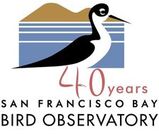
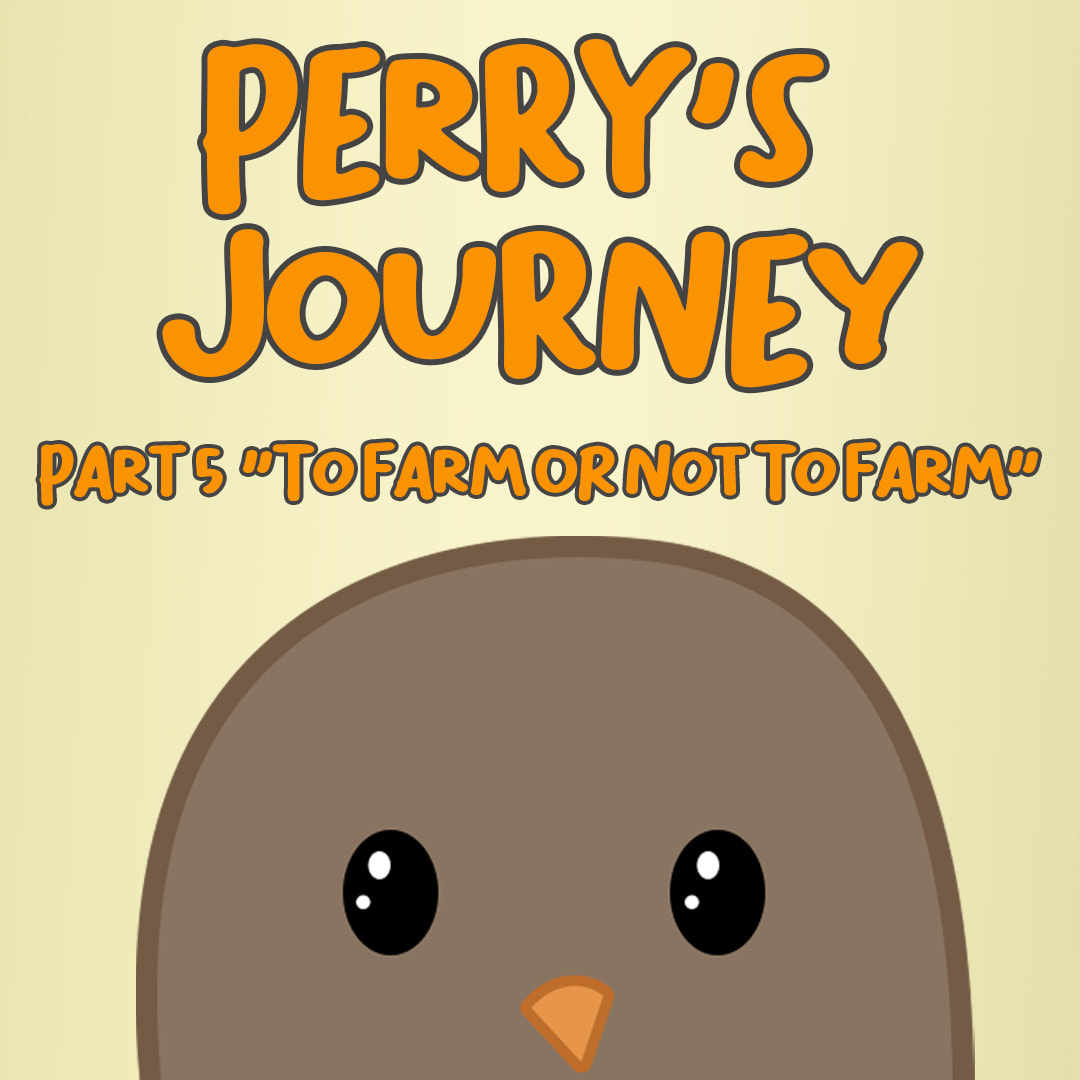
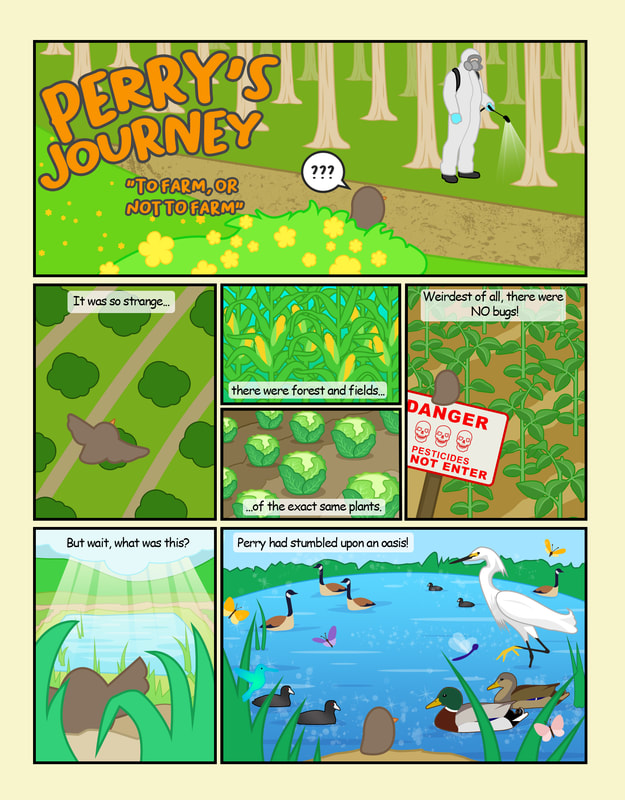
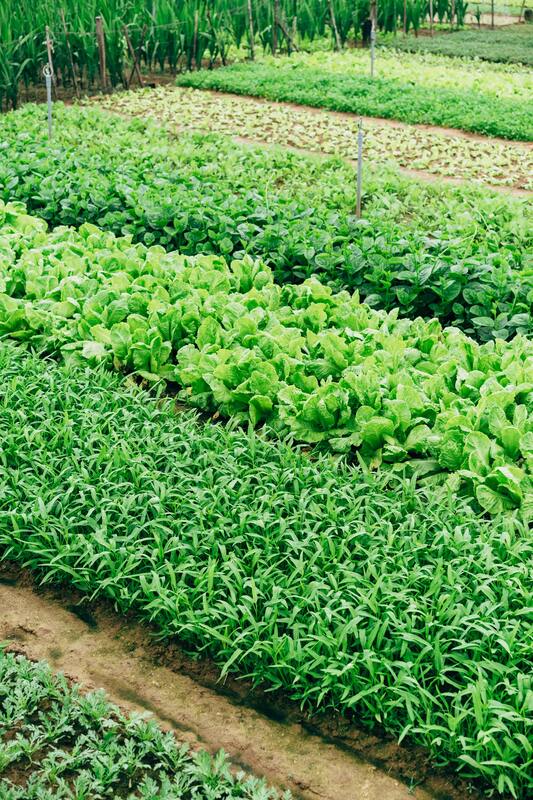
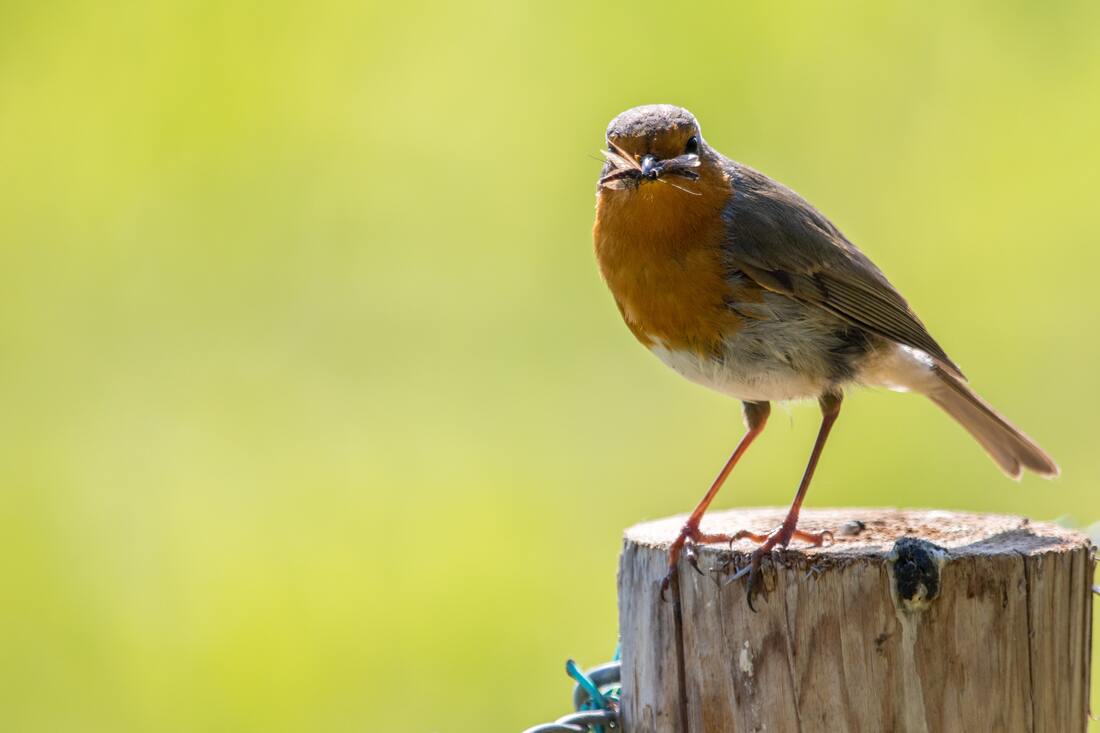
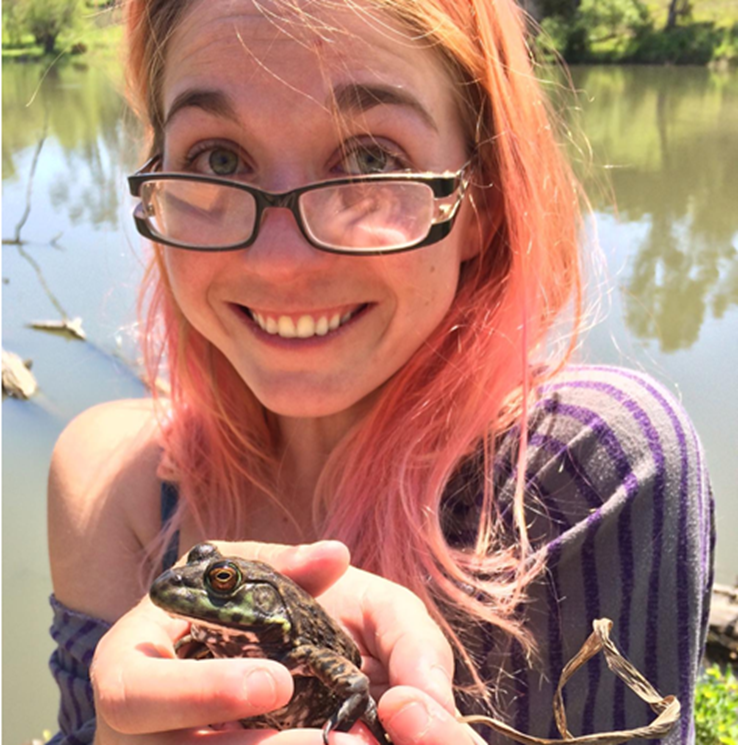
 RSS Feed
RSS Feed